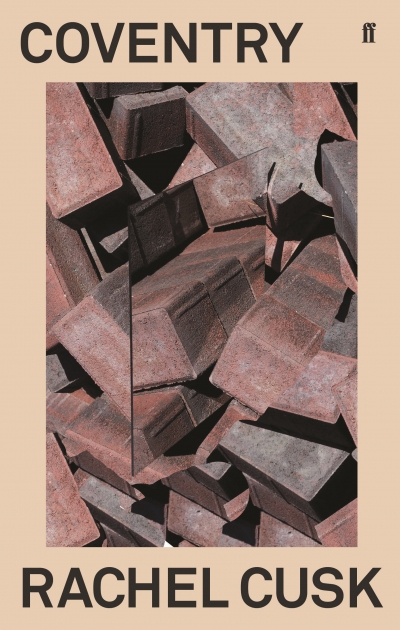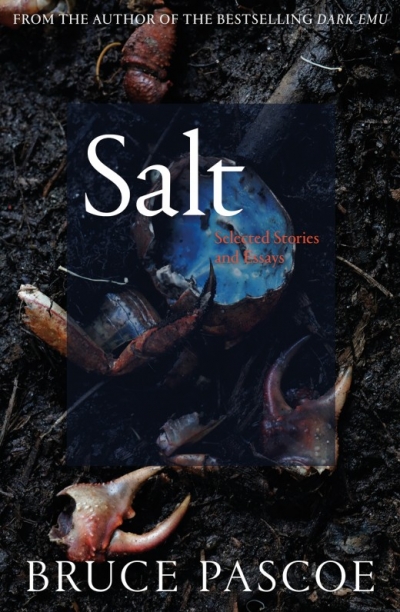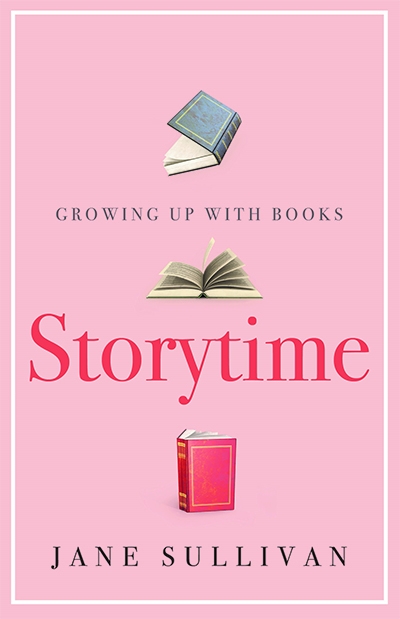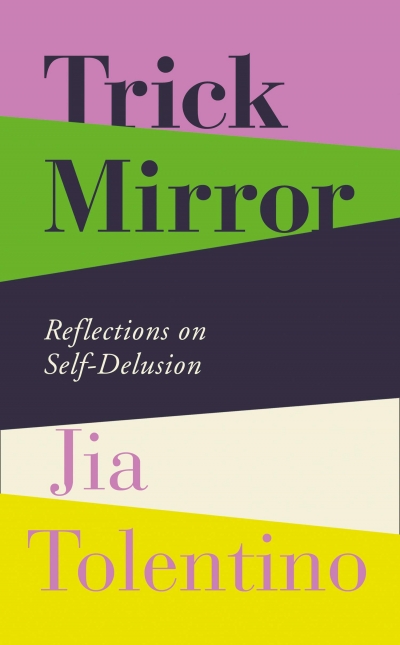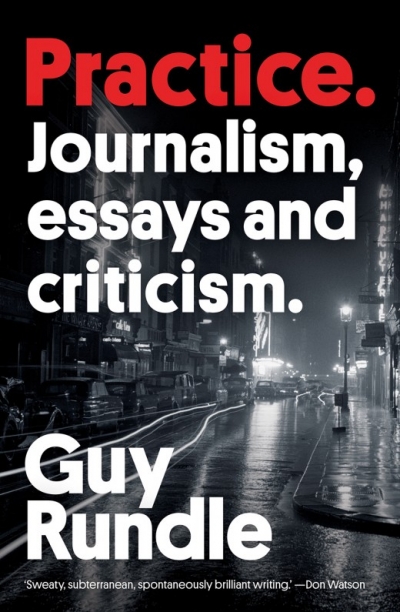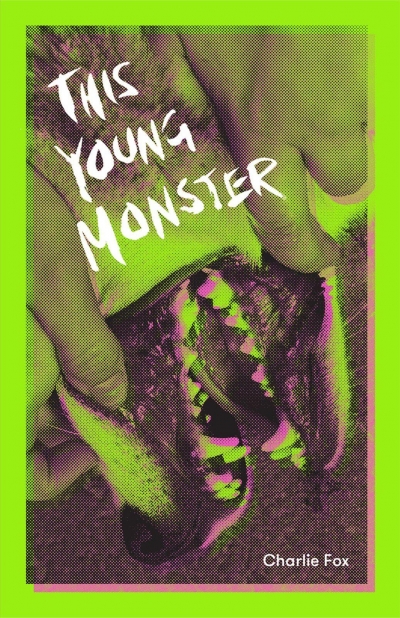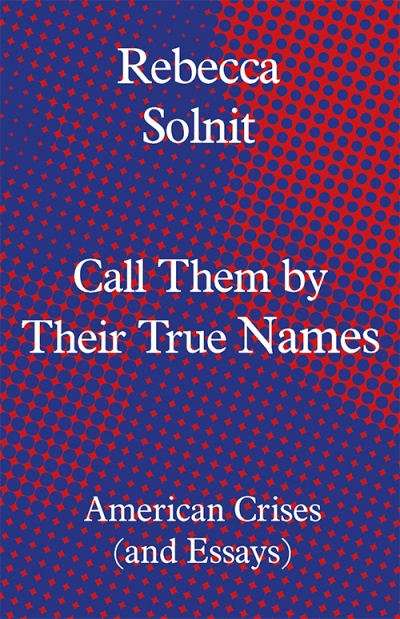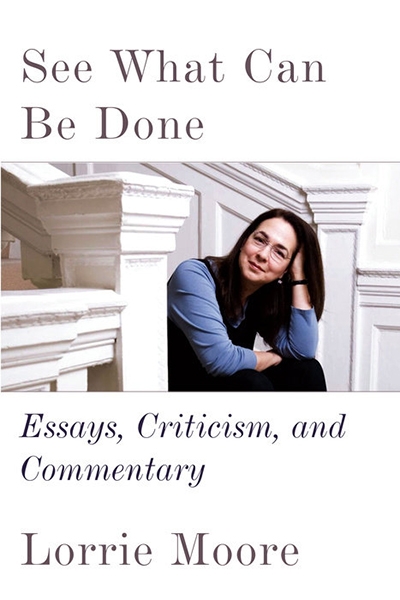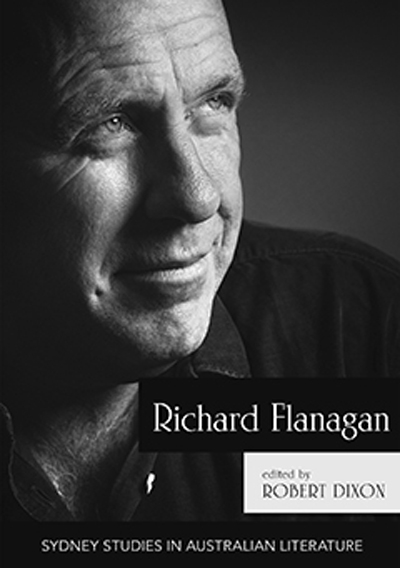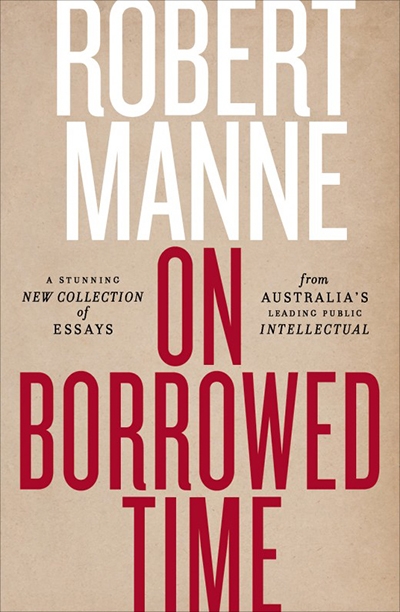Essay collections
Two years before Rachel Cusk published the first novel in her acclaimed Outline Trilogy (2014–18), she wrote a searing account of her divorce, entitled ‘Aftermath: On Marriage and Separation’, which ignited a brouhaha in her homeland, the United Kingdom. The dramatic excoriation of marital life aroused apoplexy among critics and readers; they bristled at Cusk’s subjective and one-sided storytelling, as if any other account of divorce were possible. It wasn’t the first time Cusk’s work had raised eyebrows: her memoir, A Life’s Work: On becoming a mother (2001), offended many a book-club member with its frank and unflattering descriptions of motherhood.
... (read more)Bruce Pascoe’s Salt is a wonderfully eclectic collection of new works and earlier short fiction, literary non-fiction, and essays written over twenty years. Structured thematically across six themes – Country, Lament, Seawolves, Embrasure, Tracks, and Culture Lines – Salt moves between the past and the present with Pascoe’s distinctively poetic voice. Readers of Dark Emu (2014) and Convincing Ground (2007) will be familiar with the style and subject matter but will discover newly released or reworked gems.
The title speaks to memories and ghosts triggered by the smell of salt; its ability to clean, to render flesh and skin from bone, to preserve evidence, to signal cumulative impacts on Country. The prevalence of salt speaks to the power and closeness of sea Country and our dwindling salty river systems, increasingly threatened by human intervention. Pascoe’s characters are richly drawn from this salted earth and exposed to the light and the elements. Whether presented as fiction or the voices of shared histories, his characters are grounded within the seasons and Country. So, too, in Pascoe’s view, are their possibilities of reviving this salted earth through heeding Indigenous knowledge and experience.
... (read more)Maryanne Wolf’s excellent book about the reading brain, Proust and the Squid: The story and the science of the reading brain (2007), quotes Marcel himself ...
... (read more)Writers describing the contemporary moment abound. Many do it well, but few do it as shrewdly as Jia Tolentino. With Trick Mirror: Reflections on self-delusion, Tolentino has produced a début collection of essays so insightful ...
... (read more)Not long into the Obama era, the American comedians Jon Stewart and Stephen Colbert hosted a high-profile ‘Rally to Restore Sanity and/or Fear’ in Washington, DC. In front of an enormous crowd of well-intentioned liberals, Stewart made a case for a return to the sensible centre. ‘We live in hard times, not end times,’ he declared ...
... (read more)In his début collection of essays, This Young Monster, Charlie Fox pays homage to a range of artistic icons (or ‘monsters’) who revel in freakish and reckless play. His creatures of choice include filmmakers Buster Keaton and Rainer Werner Fassbinder, photographers Diane Arbus and Larry Clark ...
... (read more)Call Them by Their True Names: American crises (and essays) by Rebecca Solnit
On the first page of her book Hope in the Dark (2004), Rebecca Solnit quotes from Virginia Woolf’s diary: ‘The future is dark, which is on the whole, the best thing the future can be, I think.’ Such optimism is, Solnit acknowledges, surprising. But it’s a persistent theme in her work and it finds ...
... (read more)See What Can Be Done: Essays, criticism, and commentary by Lorrie Moore
It saddens me to say it, but Lorrie Moore’s first collection of non-fiction is a serious disappointment. Having long admired her astonishing fiction, I came to this new book expecting to find obscure essays and little-known gems from across Moore’s long career ...
... (read more)With The Narrow Road to the Deep North (2013), Richard Flanagan became Australia’s third winner of the prestigious Man Booker Prize for Fiction, leading many people to pick up his novels for the first time and to look for some critical support in reading them ...
... (read more)By now, the Robert Manne essay is a well-established form – four decades at the centre of public life will do that. Whatever the topic, his pieces tend to possess certain qualities: an almost lawyerly emphasis on fact and argument over style and rhetoric; a professor’s sympathy for the world of ideas over the muck ...
... (read more)

